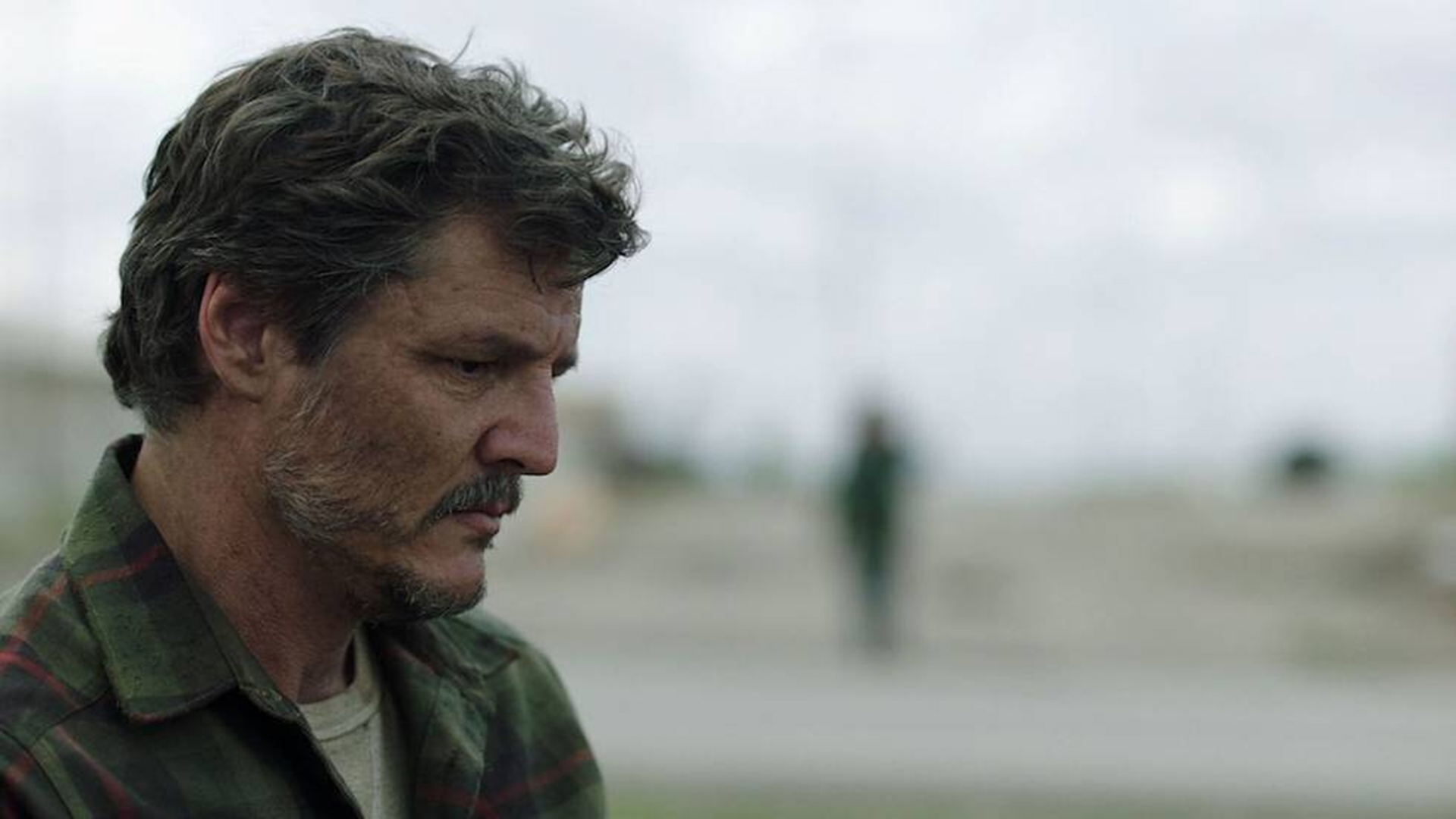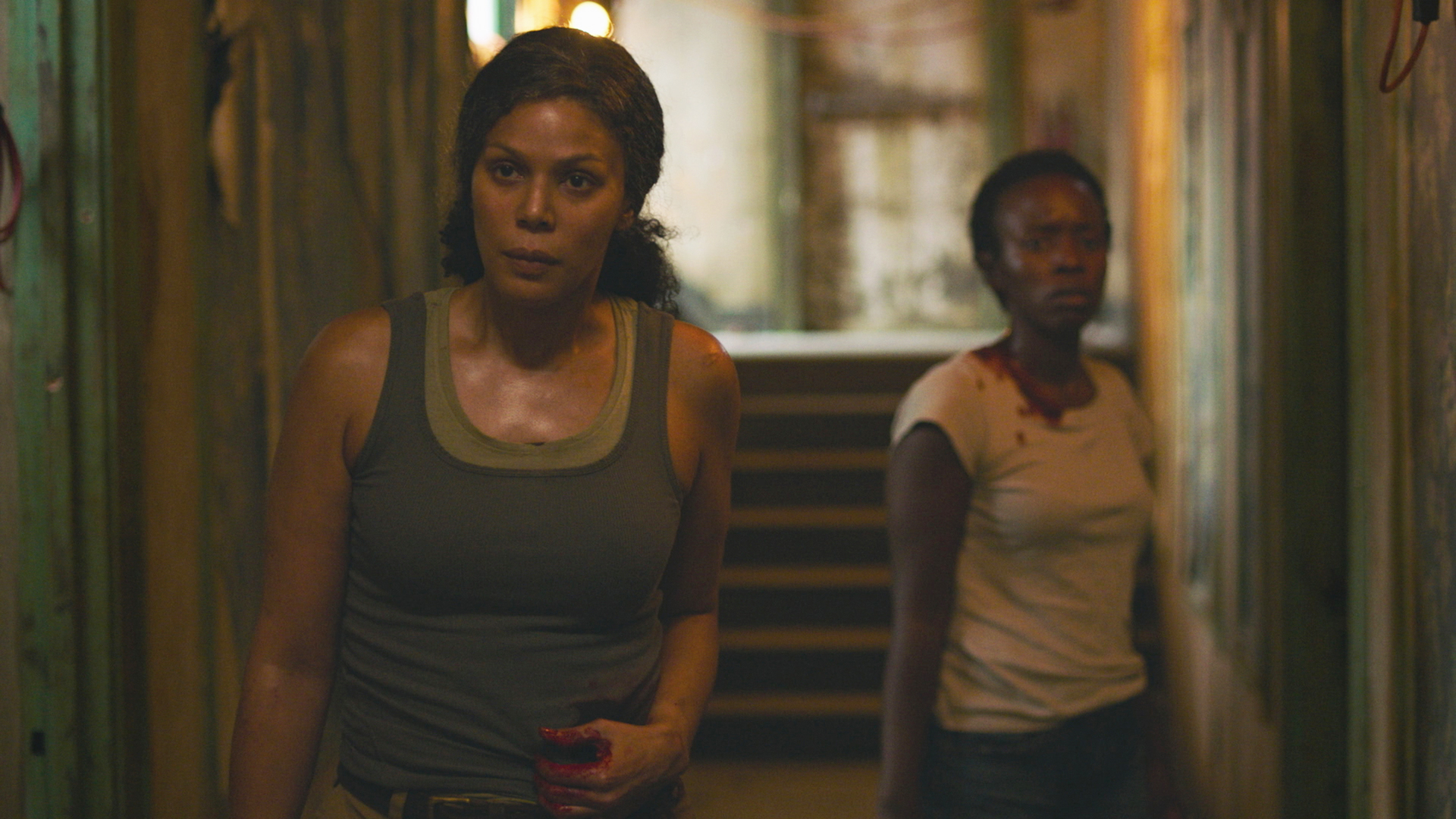So far, HBO's The Last of Us is a surprisingly simple adaptation
An incredibly faithful retelling that feels like a relic of a different time.

Given the long development cycles of big budget videogames, it's rare for them to resonate with a particular moment in culture the same way that film and television can. The Last of Us 2, which had the bad fortune to release at the height of the global pandemic, depicted a fictional global catastrophe in a way that was hard to square with the one happening in our own lives. It's a game that depicts a world in the wake of a deadly infection as violent and pessimistic, where people split into factions and violently fight over resources instead of making any effort to show how communities and mutual aid contrast with that.
HBO's adaptation of its predecessor, 2013's The Last of Us, suffers from a similar problem as it tries to introduce the original story to a new audience and fans who want to relive it again.
Led by the game's creative director Neil Druckmann and Chernobyl showrunner Craig Mazin, The Last of Us is probably the most faithful adaptation of a videogame I've ever seen, but the source material hasn't aged that well. If you played the game or plan to when it finally makes its PC debut in two months, you'll see just how close the show is to its source material. Ignoring the sections where you, as Joel, take cover and hide from infected in the typical third-person shooter style, the show makes a tremendous effort to mirror cutscenes (and dialogue) all the way down to camera movements. At times, it's like watching a supercut the game's story on YouTube.
That fidelity is an accomplishment, but also underlines how much the game itself strived to look like a prestige HBO show. It used visual metaphors and camera techniques that you didn't typically see in games in 2013—although since its release, Sony has turned that into a blueprint that's starting to spread thin.
Pedro Pascal and Bella Ramsey, who play gruff hero Joel and angsty teen sidekick Ellie, largely adhere to the performances in the game, with some condensing and exaggeration to make up for the show's much shorter length. Without the game's brutal shootouts and stealth sequences, Joel's simmering anger and explosive penchant for violence is depicted more overtly through flashbacks to the awful event in the first episode, and it works.
Watching The Last of Us is a lot like going back and replaying the game.
Additional context, like how Joel's daughter, Sarah, fixes the watch that she gifts him for his birthday and later how Tess ends up with a black eye when you first meet her in the game, is neat to see as someone who played it, but doesn't serve much purpose beyond scaffolding.

Meanwhile, the story, in the three episodes I've seen, doesn't make any attempt to update itself for 2023. It gestures at the initial despair of an infection that leads to millions of deaths, but ultimately falls back on the same zombie tropes you've seen over and over again.
Keep up to date with the most important stories and the best deals, as picked by the PC Gamer team.
Survival in The Last of Us mean taking what's yours and defending it until your last breath. Other people, infected or not, are the real monsters and, well, you remember The Walking Dead. The show doesn't seem interested in tweaking the game's story—a man traveling across a ravaged country with a girl who could save the world—and emphasizing any parts of it that could resonate with our reality right now.
HBO's Joel is a sympathetic dad who goes too far because of what the world did to him. Though the show tries to reveal who Joel really is early on with a scene where he attacks a soldier who merely threatens to shoot Ellie, it doesn't underline it as much as killing 20 soldiers in a combat sequence does in the game. In the game, Joel, despite how many people you kill along the way, is clearly a man so desperately in need of an idealized vision of stability that he will eradicate any threat to it. It's hard to watch him show his true nature as his relationship with Ellie tightens and not see an ounce of that anywhere in the show, especially when you know it's what the story will eventually hinge on.
Watching The Last of Us is a lot like going back and replaying the game. It's extremely obvious about its influences, like The Road and Children of Men, and it capably mimics them, but that's about it. Its bleak opening is still devastating, and following Joel and Ellie's journey to understand each other while being chased by soldiers and screaming mushroom zombies is still pretty riveting to watch. I just wish there was more going on than a re-enactment of the game with new faces playing the same roles (skillfully, for sure). Maybe the show will get deeper later in its nine-episode run, but its beat-for-beat remake of the game has me worried that it won't have anything new to say that the game hasn't already.
Tyler has covered videogames and PC hardware for 15 years. He regularly spends time playing and reporting on games like Diablo 4, Elden Ring, Overwatch 2, and Final Fantasy 14. While his specialty is in action RPGs and MMOs, he's driven to cover all sorts of games whether they're broken, beautiful, or bizarre.

